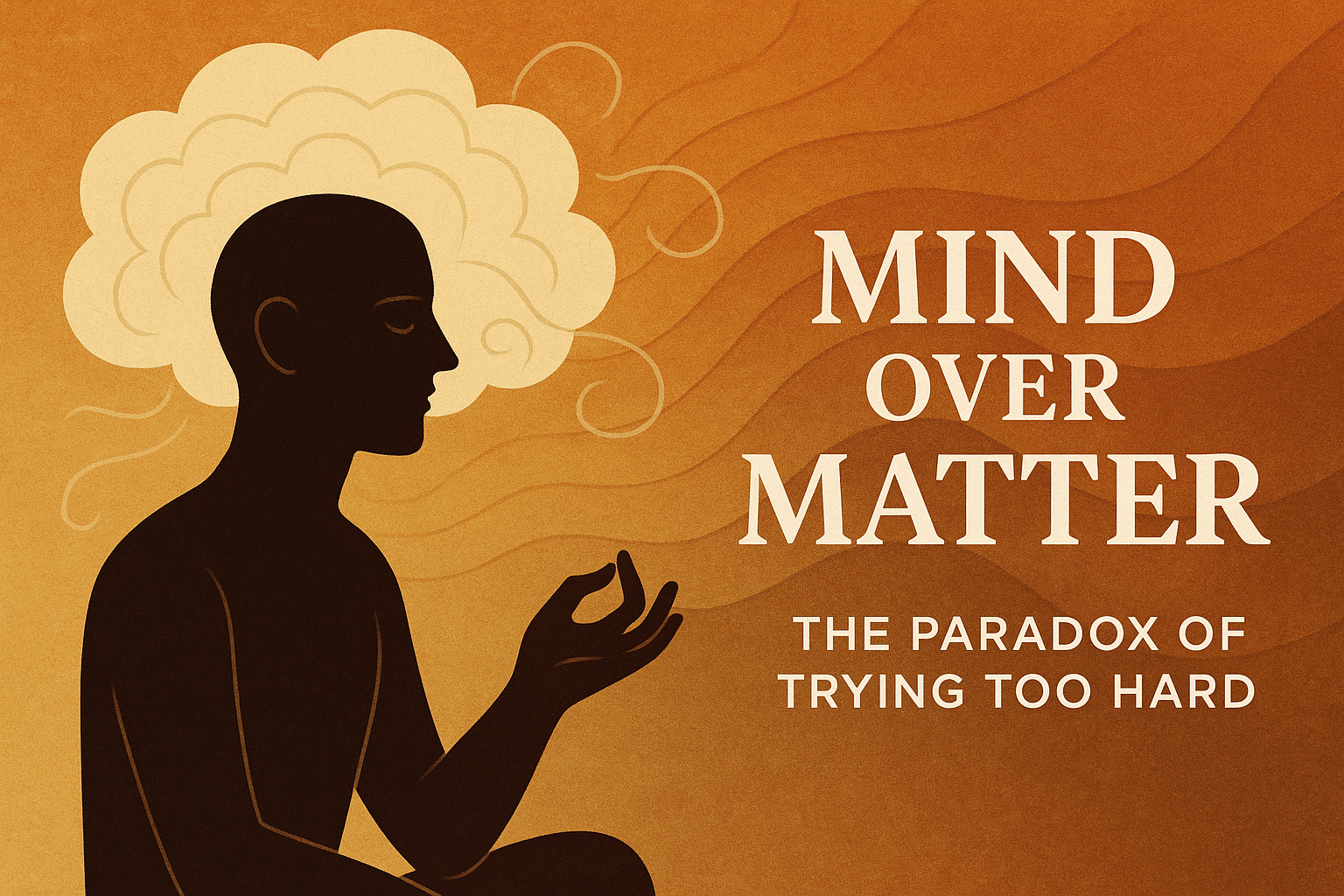Navigating Choices
The Trolley Problem and the Nature of Decision-Making

The trolley problem is a classic ethical dilemma that poses a challenging question: if you could pull a lever to divert a runaway trolley onto a track where it would kill one person instead of five, what would you do? While this scenario raises profound moral questions, it's essential to recognize that it is ultimately a hypothetical situation—one that is unlikely to present itself in our daily lives.
The Freedom to Choose
In contemplating the trolley problem, we often find ourselves wrestling with concepts of right and wrong, good and evil. However, it's crucial to understand that whatever choice you make is acceptable because the scenario itself is fictional. In real life, the complexities of human experience rarely allow for such clear-cut choices.
When faced with any decision, remember that there is no definitive right or wrong answer. Each action comes with its own set of consequences, but the freedom to choose remains in your hands. In reality, every decision is shaped by your values, experiences, and the context in which you find yourself.
Embracing the Complexity of Decisions
Life presents us with countless choices, and each one carries its weight. When considering what to do in any given situation, it’s helpful to approach the decision-making process with a sense of openness. Recognize that you are not bound to find the “perfect” answer. Instead, focus on the intention behind your choice and how it aligns with your values.
If you find yourself in a difficult situation, remember that the choices you make are a reflection of who you are in that moment. Whether you decide to take action or remain passive, understand that both paths carry their implications. What matters is the awareness you bring to the situation and the ability to accept the outcomes of your decisions.
The Power of Acceptance
Ultimately, life is about navigating through a series of choices, each shaping our path in different ways. Accepting that there is no single “correct” way to act frees you from the burden of perfectionism. It allows you to engage with the world more authentically, knowing that you are doing the best you can with the information and circumstances at hand.
In the end, whether in a hypothetical scenario like the trolley problem or in real-life situations, remember that your choices are part of a broader journey. Embrace the complexity of decision-making, and trust that whatever path you choose will contribute to your growth and understanding.
Share









